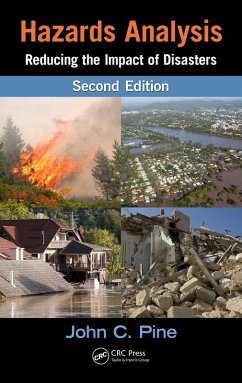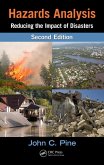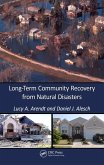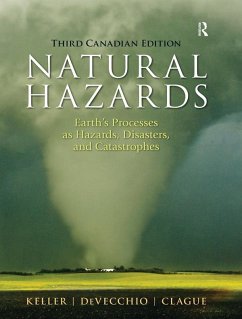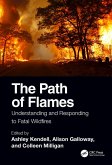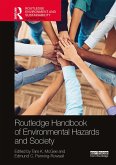The impacts of natural and man-made disasters have increased exponentially over the past few decades Moreover, with our global interconnectedness and the growing scale of disasters, today's catastrophic disasters can have regional, national, and even global economic consequences. This book presents a systematic process of hazards identification and vulnerability assessment for the natural, built, and human environment. The book aims to examine strategies that may be taken at the individual, organization, community, and regional levels to reduce the adverse consequences of disasters and to foster sustainability.
Dieser Download kann aus rechtlichen Gründen nur mit Rechnungsadresse in A, B, BG, CY, CZ, D, DK, EW, E, FIN, F, GR, HR, H, IRL, I, LT, L, LR, M, NL, PL, P, R, S, SLO, SK ausgeliefert werden.

